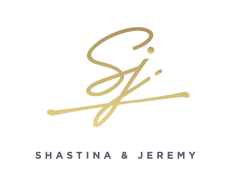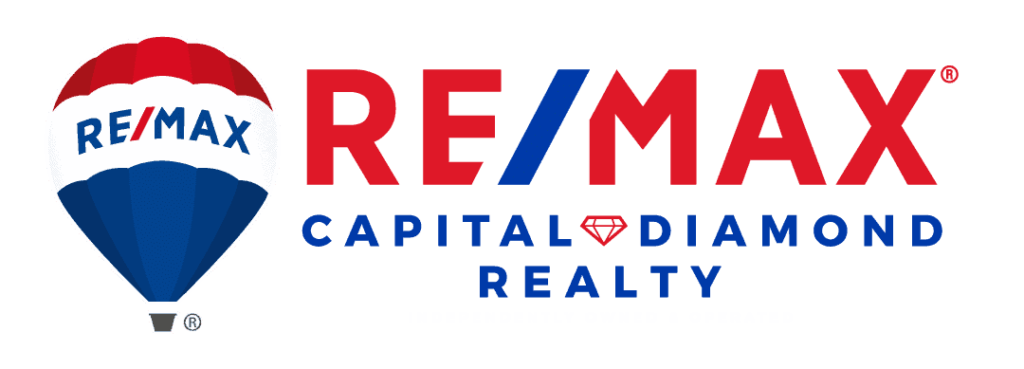Investment Properties
Residential Properties
Investment Properties
For general inquiries please feel free to take advantage of our experience!
Investment properties can be a great way to make extra income, and there are a number of ways to make money off of a real estate investment in Windsor-Essex.
Terms:
To start, there are a few basic things you need to know:
Financing:
Like with any real estate purchase, you will need a down payment (20% for residential properties and probably 50% for commercial ones).
Taxation:
Rent you collect is considered to be income in Canada and is taxed as such. If you sell your property, you will be subject to the Capital Gains Tax for the increase in value between the time you bought it and the time you sell it. There can be other implications related to investment properties and taxes, so make sure to speak to a professional to get the whole picture.
Term:
It is a good idea to view a real estate investment as a long-term one – expecting to turn a big profit in a short time isn’t always realistic.
Returns:
There are three main ways to generate income from a property:
- Cash Flow: When your rent income collected is higher than the expenses (operating expenses and financing expenses) of owning the property.
- Appreciation: an increase in the value of your property so you can sell it for more than you bought it for.
- Equity: As your tenant pays rent, you pay down the mortgage and gain equity so when you sell it, more of what the buyer pays goes to you.
Capitalization Rate:
The rate on which you see a return on your real estate investment. This is calculated by dividing the income generated by your property by the purchase price of it.
Income Properties:
An income property is a property where you generate regular income from tenants living there. These can include any self-contained units such as apartments, houses, and units in a duplex.
The advantages of this include the option to generate income off of your own home (for example, a basement apartment), the potential gains from a house appreciating in value, and a very good chance of breaking even between expenses and income before selling.
The downsides to this are the disadvantages of dealing with tenants (repairs, renovations, non-payment of rent if you pick the wrong tenants, etc.).
Flipping Properties
The idea behind flipping a property is to buy it at a low rate, renovate it, and sell it for a profit. While there is the potential to do very well by flipping properties, there is definitely risk involved. If you can get a property in the right neighbourhood at the right price, you can really come out ahead on it when you resell it.
The risks are that many improvements to a property cost more than you would expect, and there can be more than you were anticipating. You are also subject to changes in the real estate market, and unless you can make the repairs yourself, the cost of professionals to do them for you.
Working with a real estate professional like myself is definitely a good idea if you’re considering flipping a property – I can help you make an informed decision about when to buy, what to invest, and what to expect when you sell.


